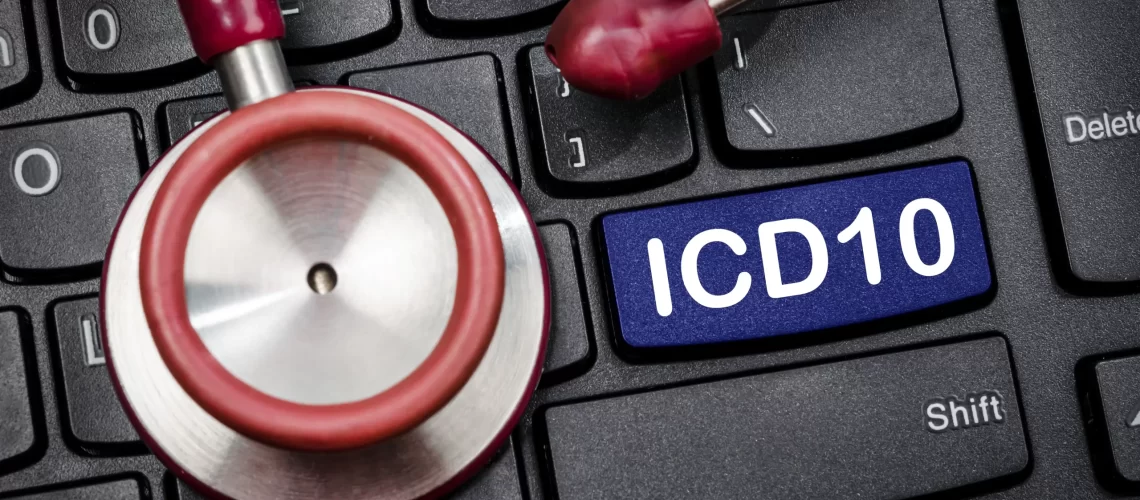Clinicians today are confronted with an increasing administrative burden alongside their patient care responsibilities, and a critical aspect of this burden is medical coding. This skill is crucial as it serves multiple purposes, including meeting billing standards affecting reimbursement, complying with quality metrics set by health care organizations and insurance companies, and ensuring the accuracy of diagnoses in billing records. However, the task of coding accurately can be daunting, especially with the transition to ICD-10 in 2015, which brought about a significant expansion in the number of available codes.
One major challenge clinicians face is justifying their coding choices, particularly in time-sensitive situations, such as when coding for mental health issues like depression or conducting alcohol screenings. Many clinicians grasp the importance of precise coding, not only for billing purposes but also for analyzing behavior, such as prescribing practices, clinical patterns, and the measurement of quality metrics. For instance, coding analytics may highlight instances where antibiotic prescribing patterns appear inappropriate, prompting clinicians to question whether their decision-making in patient charting truly matters. Appropriate documentation is how clinicians communicate with patients and each other and relays pertinent information regarding our thought process when making clinical decisions.Coding is not one of them but a necessary evil a clinician must embrace-and embrace well.
The question arises: can every nuance of patient care and decision-making be accurately captured in the Electronic Health Record during a busy clinic day? The reality is that excelling in medical coding and being a proficient doctor are distinct skills that require different knowledge and abilities. While there is some overlap in terms of problem-solving skills and attention to detail, coding skills do not inherently equate to clinical competence, and vice versa.
Modern EHR systems have introduced tools like wizards that facilitate proper coding if there’s comprehensive chart documentation and a coding reference at hand. The recent introduction of time-based billing has indeed decreased the documentation requirements, but it still necessitates clinicians to prioritize tracking time rather than focusing on patient care. The hope is that future developments in artificial intelligence will further streamline this process, allowing clinicians to focus less on coding intricacies. After all, being a skilled coder doesn’t require the empathy or bedside manners that are integral to being a good doctor.Health care institutions may benefit from hiring a coder to capture every nuance-however it still takes energy to ensure that the documentation aligns with the coding whether a coding specialist is available.
Medical education emphasizes the importance of a doctor’s foundational knowledge in medical sciences, interpersonal skills, empathy, critical thinking, and the ability to make decisions in high-pressure situations. Medical schools primarily focus on imparting these essential qualities, not the nuances of medical coding. Training for such is usually on the job-or denials from insurance companies which helps to reinforce appropriate coding behavior.This can lead to missed reimbursements and require additional work to enhance coding outside of regular clinic hours. However, it’s essential for doctors to recognize the time and effort required to develop coding skills and to carefully consider how coding fits into their overall professional goals and responsibilities.
While there are areas where coding skills may prove beneficial in medicine, such as health care software development, electronic health record management, or data analysis for medical research, proficiency in coding alone is insufficient to be a good doctor-but it seems we are judged on such. Nonetheless, clinicians are currently assessed and compared to their peers by insurance companies, health care institutions, and published metrics based frequently determined by their coding proficiency rather than the content of the visit or in many cases clinical skills.
Becoming a doctor involves completing rigorous medical education, training, and practical experience. It demands an in-depth understanding of human anatomy, physiology, pharmacology, pathology, and numerous other medical disciplines, as well as the ability to apply this knowledge in real-world patient care- and in today’s electronic health care system coding should also be added to the list.
In conclusion, being a proficient coder and a skilled doctor requires distinct training and expertise. While having diverse skills can be valuable, excellence in one field does not automatically translate to excellence in the other. Nevertheless, in the current health care environment, clinicians are evaluated and reimbursed based on both skill sets, making it crucial to strike a balance between clinical care and coding proficiency. Whether we like it or not, we must strive to code properly among the EHR. Add coder to one of a clinician’s multiple job responsibilities.
——————————————————
Photo courtesy of: Medical Economics
Originally Published On: Medical Economics
Follow Medical Coding Pro on Twitter: www.Twitter.com/CodingPro1
Like Us On Facebook: www.Facebook.com/MedicalCodingPro







